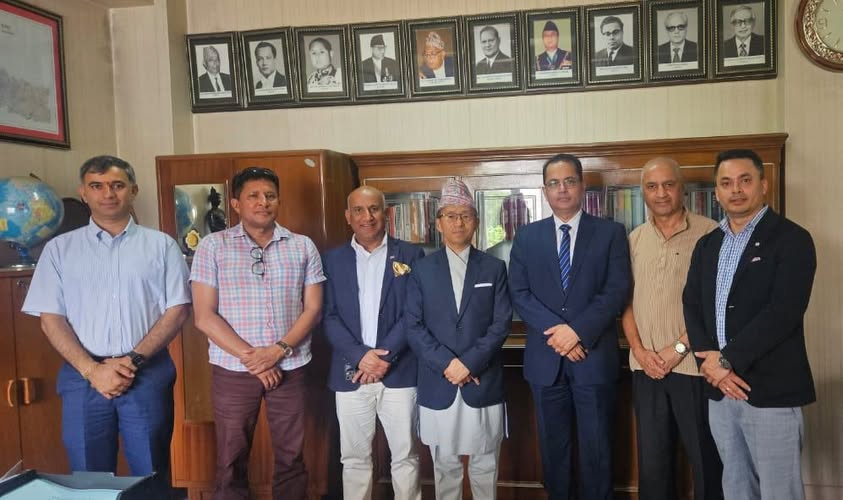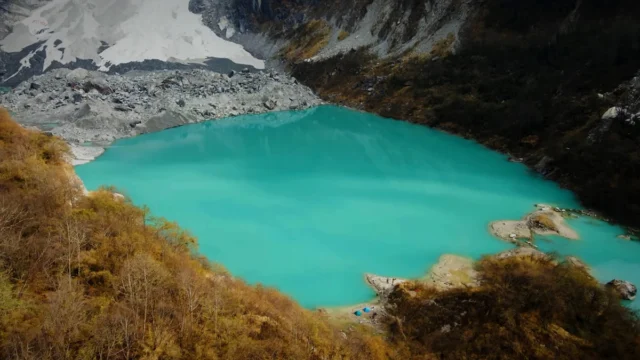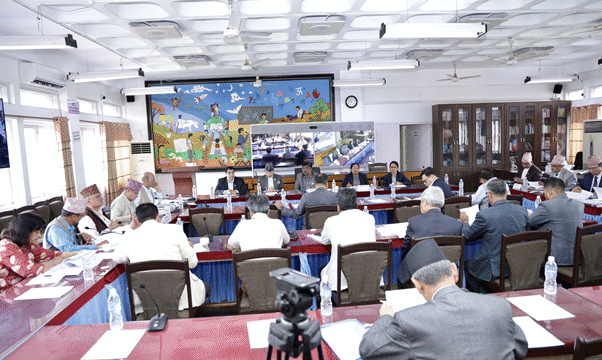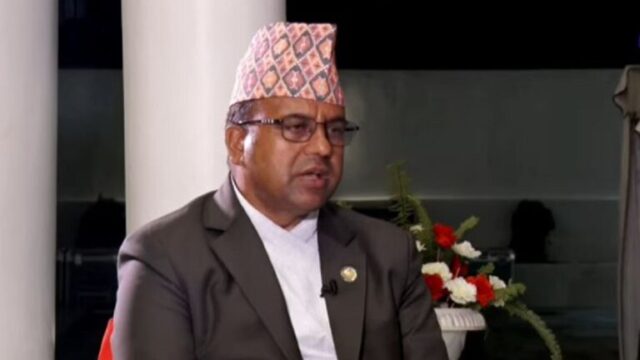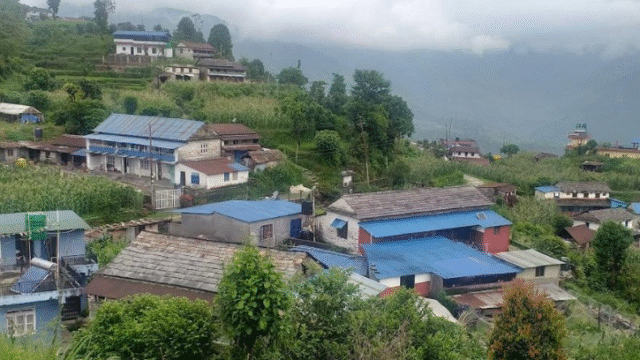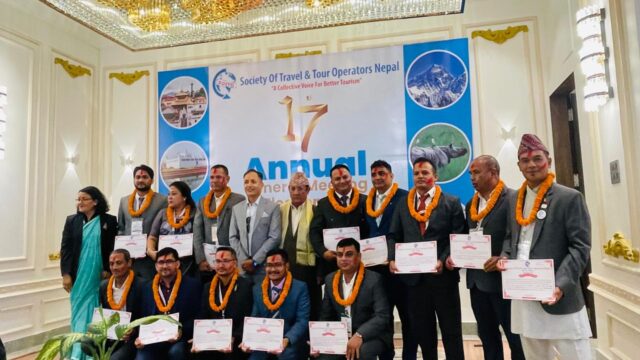A high-level meeting was recently convened in Kathmandu to address the ongoing challenges faced by Nepali travel agents in facilitating visas for pilgrims participating in the revered Kailash Mansarovar Yatra. Recognized as one of the most spiritually significant journeys in the region, the Yatra symbolizes centuries-old religious reverence and growing cross-border tourism cooperation between Nepal and China.
Mount Kailash: A Shared Spiritual Heritage
Mount Kailash, located in the Tibet Autonomous Region of China, is venerated by followers of Hinduism, Buddhism, Jainism, and the ancient Bon faith. Considered the mythological abode of Lord Shiva, the sacred peak stands alongside Lake Mansarovar, which is believed to have the divine power to cleanse the soul and wash away sins. Every year, thousands of pilgrims from Nepal and across the world embark on the arduous but spiritually rewarding journey to these holy sites.
Nepali tour operators play a critical role in coordinating this pilgrimage, offering organized itineraries, logistics, and visa support in collaboration with Chinese partners. However, recent administrative and diplomatic bottlenecks have hindered smooth visa processing, raising concerns over the future continuity of this important spiritual and tourism route.
Stakeholders Convene for Urgent Discussion
In light of these growing challenges, a high-level consultation was organized involving top officials and tourism leaders. The meeting brought together Foreign Secretary Mr. Amrit Bahadur Rai; Joint Secretary Mr. Bhrigu Dhungana; CEO of Nepal Tourism Board (NTB) Mr. Deepak Raj Joshi; NTB Executive Member and NATTA President Mr. Kumar Mani Thapaliya; President of Trekking Agencies’ Association of Nepal (TAAN) Mr. Sagar Pandey; NTB Executive Member and Secretary General of PATA Nepal Chapter Mr. Narendra Deo Bhatta; and NTB Executive Member and Secretary General of EON Mr. Rishi Bhandari.
During the session, participants shared field-level experiences and ongoing administrative hurdles in obtaining visas for pilgrims. Travel agents expressed frustration over inconsistent approvals, delays, and lack of transparency in the visa process, which have led to canceled trips and financial losses.
Call for Practical and Diplomatic Solutions
The primary focus of the meeting was to explore practical and diplomatic channels for resolving these issues without compromising the sanctity and significance of the Yatra. Stakeholders unanimously agreed on the need for consistent coordination with the Chinese Embassy and relevant authorities in Beijing to ensure uninterrupted facilitation of visas for Nepali-organized pilgrimages.
Several suggestions were tabled, including:
- Establishing a dedicated liaison mechanism within the Ministry of Foreign Affairs (MoFA) to coordinate with Chinese counterparts.
- Requesting the Chinese government to allot specific visa quotas or fast-track channels for Kailash Mansarovar pilgrims organized through registered Nepali travel agencies.
- Strengthening government-to-government (G2G) dialogue to address procedural inconsistencies and reduce bureaucratic obstacles.
- Promoting diplomatic tourism as a means to deepen Nepal-China bilateral ties while preserving cultural and religious connectivity.
Ministry of Foreign Affairs Urged to Take Lead
Given the sensitive and cross-border nature of the issue, participants emphasized the critical role of the Ministry of Foreign Affairs in leading efforts to resolve the visa bottleneck. The meeting urged MoFA to prioritize this matter diplomatically and to maintain a sustained dialogue with Chinese authorities for the benefit of the Nepali travel trade and thousands of prospective pilgrims.
“We strongly urge the Ministry of Foreign Affairs to take the lead role in engaging with the Chinese Embassy and relevant bodies to facilitate smoother visa issuance processes. The Kailash Mansarovar Yatra is not only a sacred pilgrimage but also a pillar of Nepal’s religious tourism,” said Mr. Kumar Mani Thapaliya, NATTA President and NTB Executive Member. Other leaders echoed the sentiment, emphasizing that timely and effective resolution of these challenges is essential to maintaining Nepal’s reputation as a spiritual gateway and tourism hub.
Kailash Mansarovar Yatra: A Model of Cross-Border Cooperation
The Kailash Mansarovar Yatra stands as an exemplary model of spiritual diplomacy and regional collaboration. Over the years, the joint efforts of Nepali and Chinese tour operators, supported by their respective governments, have enabled thousands to complete this challenging pilgrimage.
The Yatra also contributes significantly to Nepal’s tourism economy, supporting hotels, airlines, guides, porters, and transportation services. Any disruptions in its operation not only affect spiritual seekers but also have cascading economic impacts across the tourism value chain. With proper support from the government and active diplomatic engagement, the Kailash Mansarovar Yatra can continue to thrive as a symbol of peace, faith, and friendship between Nepal and China.
The Way Forward
As discussions continue behind closed doors, travel and tourism stakeholders remain hopeful that the Ministry of Foreign Affairs will prioritize the issue and ensure seamless facilitation for future yatras. With the next pilgrimage season approaching, there is growing urgency for the government to take concrete steps and safeguard one of the most revered pilgrimages in South Asia.
The collaborative tone of the meeting reflects the strong will among stakeholders to preserve and promote this spiritual journey. With unified efforts, Nepal has the opportunity not only to strengthen its religious tourism credentials but also to advance its strategic diplomacy through cultural connectivity.
